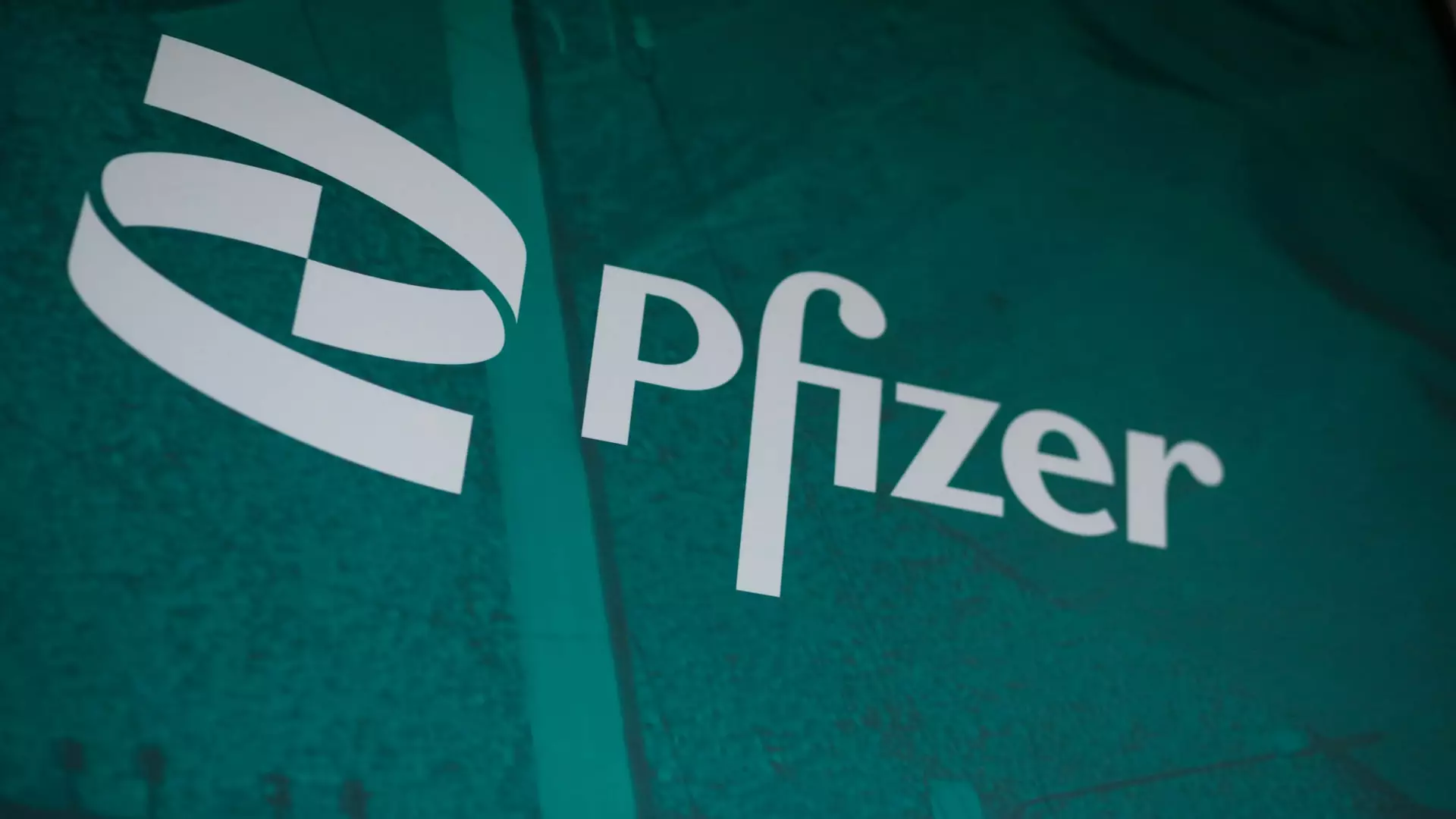Cancer cachexia is a debilitating syndrome that severely affects individuals battling cancer, leading to involuntary weight loss, muscle wastage, and a profound decline in overall quality of life. Affecting approximately 9 million people globally, this condition poses a significant challenge to effective treatment and patient survival. Strikingly, about 80% of cancer patients with cachexia are expected to succumb within a year of their diagnosis, underscoring the urgent need for effective interventions. Defined by a loss of over 5% of body weight in the preceding six months accompanied by fatigue and decreased appetite, cancer cachexia complicates cancer management by undermining the efficacy of treatment modalities and contributing to higher mortality rates.
Recently, Pfizer announced noteworthy findings from a phase two clinical trial concerning their experimental drug, ponsegromab. The midstage study investigated how this monoclonal antibody could address the debilitating effects of cancer cachexia in patients diagnosed with certain types of cancer, such as non-small cell lung cancer, pancreatic cancer, and colorectal cancer. The trial enrolled 187 participants and measured improvements in body weight, muscle mass, physical function, and overall quality of life. The outcomes from this study could potentially position ponsegromab as the first approved therapy in the United States specifically designed for cancer cachexia.
Patients receiving the highest dosage of ponsegromab—400 milligrams—exhibited an encouraging 5.6% increase in weight after a 12-week treatment period. Additionally, those receiving lower doses of 200 milligrams and 100 milligrams saw weight increases of approximately 3.5% and 2%, respectively, upon comparison with the placebo group. Such weight gain could have vital implications for enhancing a patient’s overall well-being and treatment adherence.
At the heart of ponsegromab’s methodology is its ability to inhibit the impact of growth differentiation factor 15 (GDF-15), a protein implicated in appetite regulation. Elevated levels of GDF-15 are common in individuals grappling with chronic conditions, including cancer, and contribute significantly to cachexia. By lowering GDF-15 levels, ponsegromab effectively aims to revive the appetite in patients and facilitate weight stabilization or gain, a crucial factor in their treatment journey. Charlotte Allerton, Pfizer’s head of discovery and early development, emphasizes that achieving a clinically meaningful weight gain can significantly enhance patient wellness, thereby allowing them to better tolerate cancer therapies.
The results from this phase two trial were unveiled at the esteemed European Society for Medical Oncology 2024 Congress held in Barcelona, Spain, and were published in The New England Journal of Medicine, enhancing their credibility within the scientific community. Pfizer has not yet disclosed the potential revenue implications of ponsegromab, but the therapeutic opportunity may extend beyond cancer cachexia, as the company is simultaneously exploring its utility in treating heart failure patients who may also experience cachexia.
In terms of side effects, Pfizer’s clinical trials reported that adverse events were minimal, with treatment-related issues occurring in 7.7% of those administered ponsegromab, compared to 8.9% in the placebo cohort. This safety profile contributes positively to the drug’s prospects for market approval.
Pfizer is currently engaged in discussions with regulatory bodies to outline plans for late-stage development, with hopes to initiate further studies as early as 2025. The significance of such advancements cannot be overstated; if approved, ponsegromab could become a linchpin in managing cancer cachexia, addressing a dire need for effective therapies in this area. By focusing efforts on enhancing patient well-being and treatment outcomes, Pfizer is steering a promising course toward alleviating the impacts of a condition that has long remained underaddressed in oncology.
The insights gleaned from Pfizer’s ongoing research into ponsegromab represent a beacon of hope for cancer cachexia patients worldwide. As the pharmaceutical industry continues to innovate in the realm of cancer treatment, the anticipation surrounding effective therapies like ponsegromab highlights the need for continued investment in research and development to tackle life-threatening conditions that diminish the quality of life for so many.

